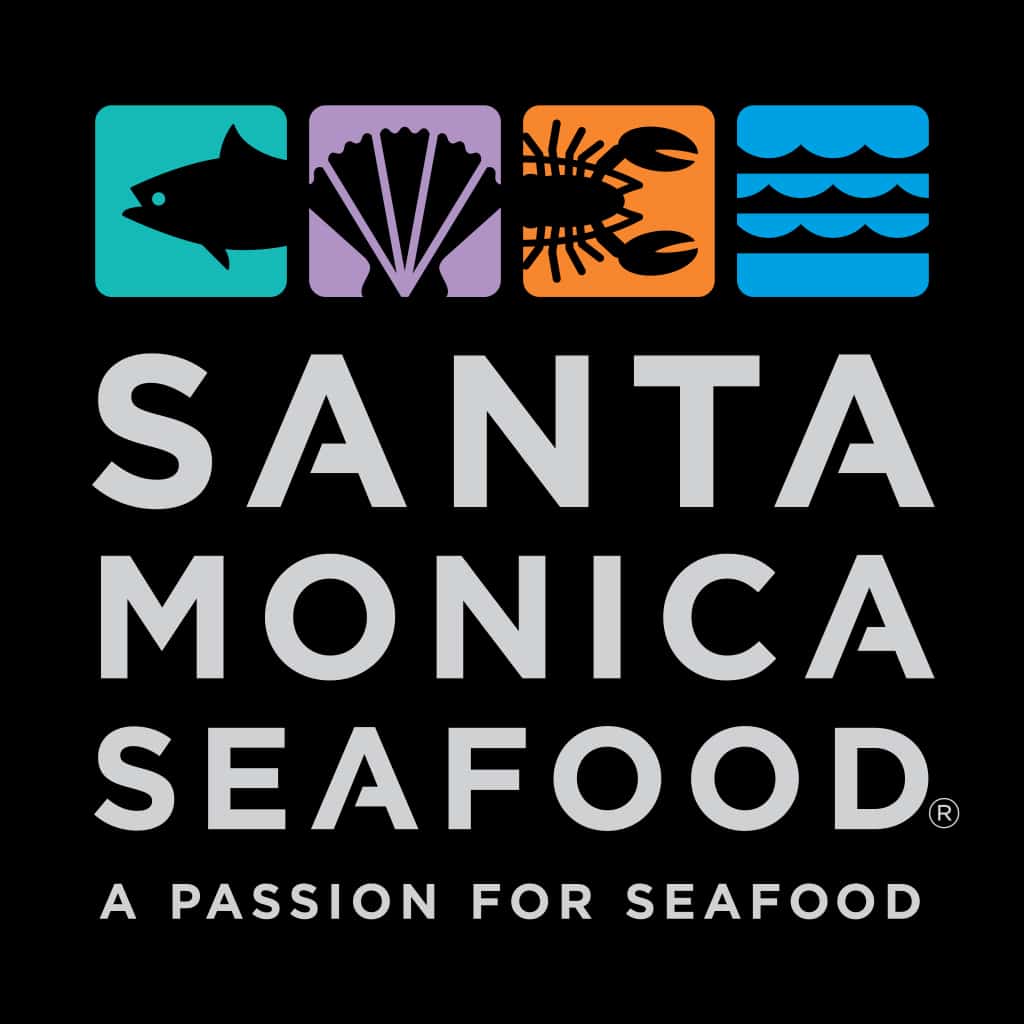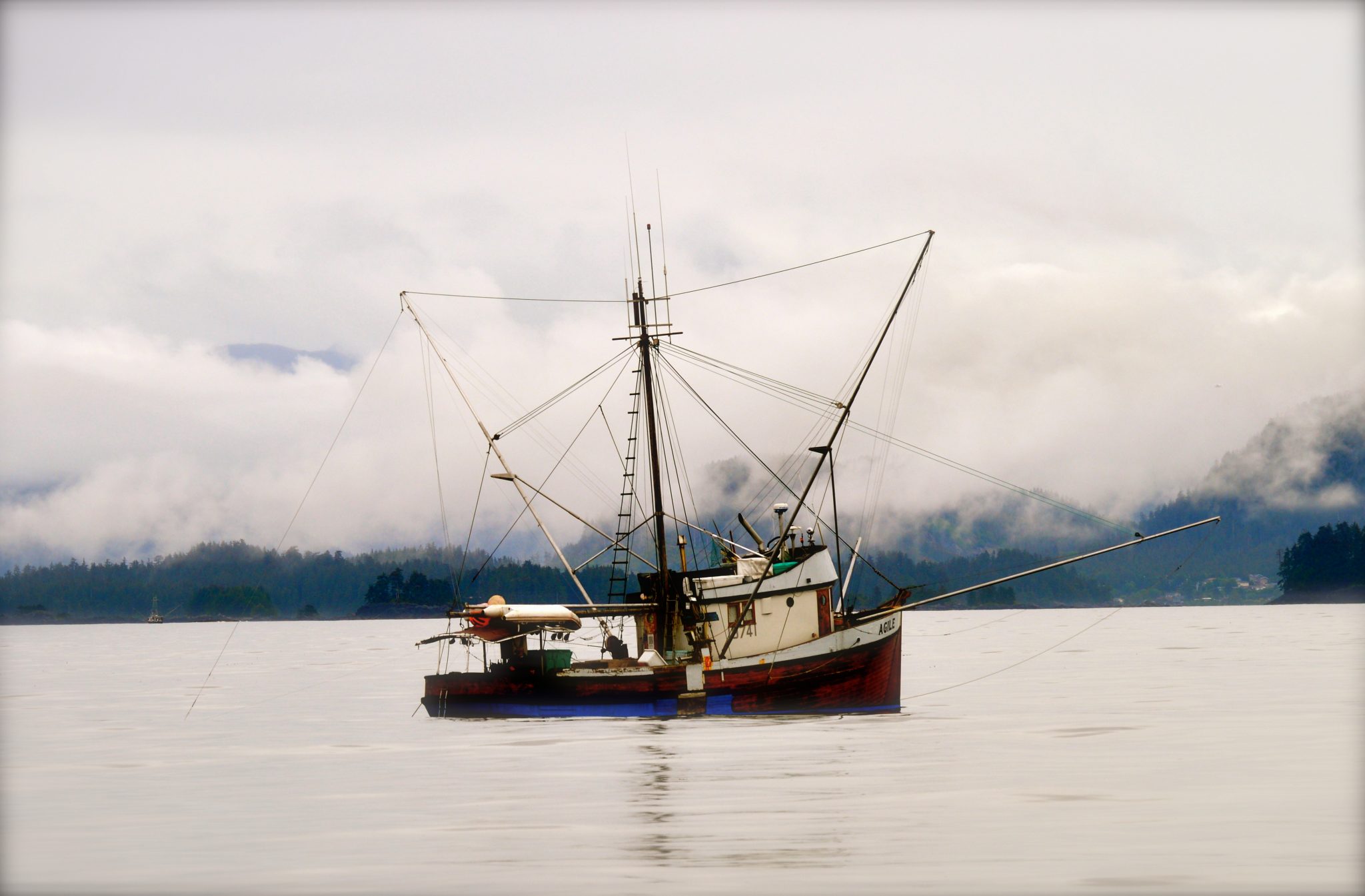In 2012 we launched our Responsible Sourcing/Vendor Partnership (RSVP) Program as a way of financially supporting projects that have a positive impact on wild fisheries and responsible aquaculture efforts. It’s another approach to sustainability that moves us beyond sourcing and into an active role that is helping change the industry! Over the past 2.5 years, we’ve helped fund a wide variety of international projects through RSVP including:
Northwest Straits Initiative Derelict Gear Removal Program
The Northwest Straits Initiative (NWSI) Derelict Gear Removal Program preserves fish stocks and local wildlife in Puget Sound and the Salish Sea by working to remove abandoned or lost fishing nets and crab/shrimp pots. It is important to remove “legacy” nets to prevent ghost fishing – the phenomenon of abandoned fishing gear continuing to ensnare wildlife. To date, the program has removed thousands of nets and crab/shrimp traps. Removal of lost gear helps prevent the loss of salmon, dungeness crab, bottom and forage fish, and other non-commercial wildlife – providing a benefit for local tribal fisheries as well as the thriving multi-species commercial fishery in the region.
AKCRRAB, Alaska King Crab Research, Rehabilitation, and Biology Program
The Alaska King Crab Research, Rehabilitation and Biology (AKCRRAB) Program is partnership conducting research aimed at hatching and rearing wild king crabs in a large-scale hatchery setting. AKCRRAB’s mission is to understand the large-scale culturing needs of wild king crab stocks, and to perfect strategies for hatching and rearing king crab to a stage where they can be released into the wild and contribute to reversing low wild stock abundance in Alaska.
HUBBS SeaWorld Research Institute, White Sea Bass Aquaculture
Founded in 1963, HSWRI conducts research in the tradition of world-renowned scientists, Dr. Carl L. and Laura C. Hubbs and is an effort to achieve a balance between more traditional fishing, supported by stock replenishment and farming. The HSWRI project is comprised of three separate programs; hatchery, grow out and monitoring of White Sea Bass.
Pfleger Institute of Environment Research (PIER) – California Swordfish Deep-Set Buoy Gear Development and Trials
Working in conjunction with NOAA, PIER is developing and testing an experimental gear type to be used in the swordfish fishery. Recent studies conducted on preferred depths that swordfish feed at have been used to design a type of gear that targets the fish at specific depths, minimizing bycatch concerns inherent to the longline fishery. Support of this project will ultimately ensure a greater supply of responsibly harvested local swordfish.
We’re very excited about the work we’ve been involved with and look forward to seeing continued positive momentum towards sustainability in the entire seafood industry!

